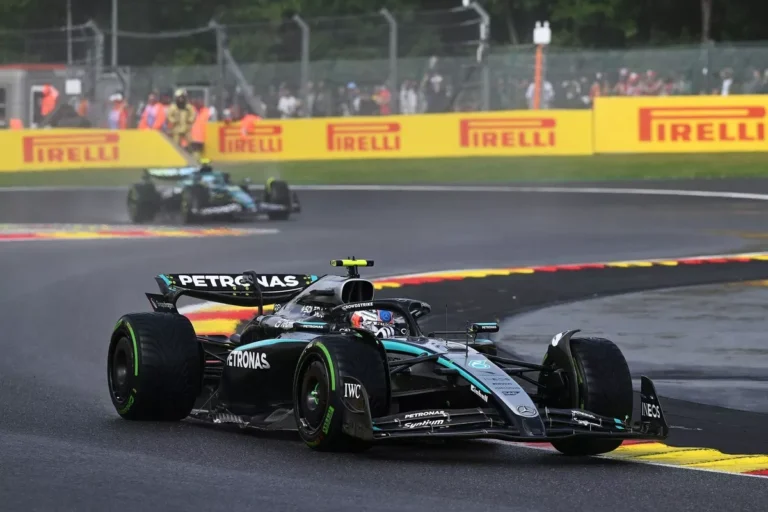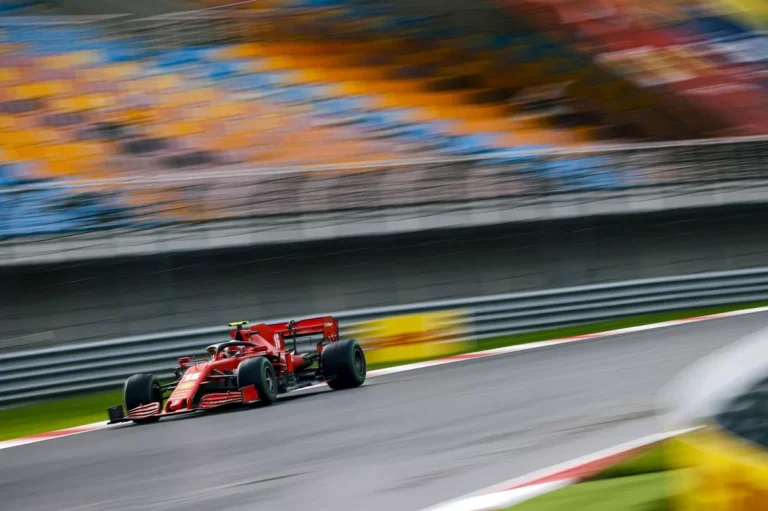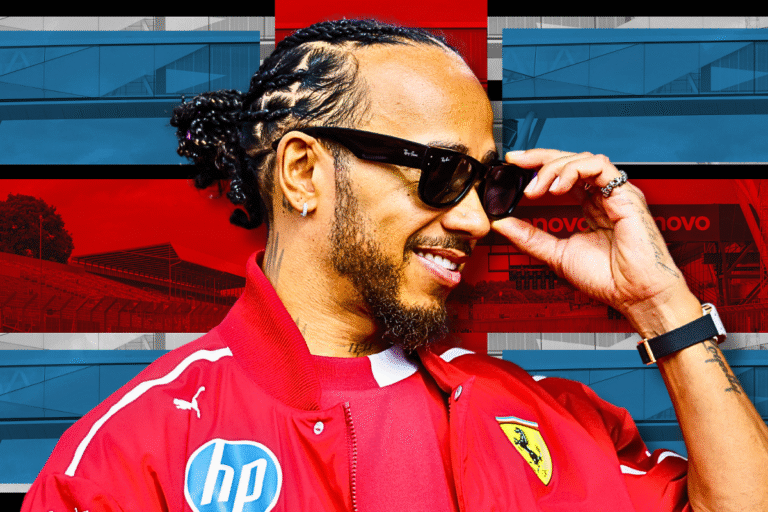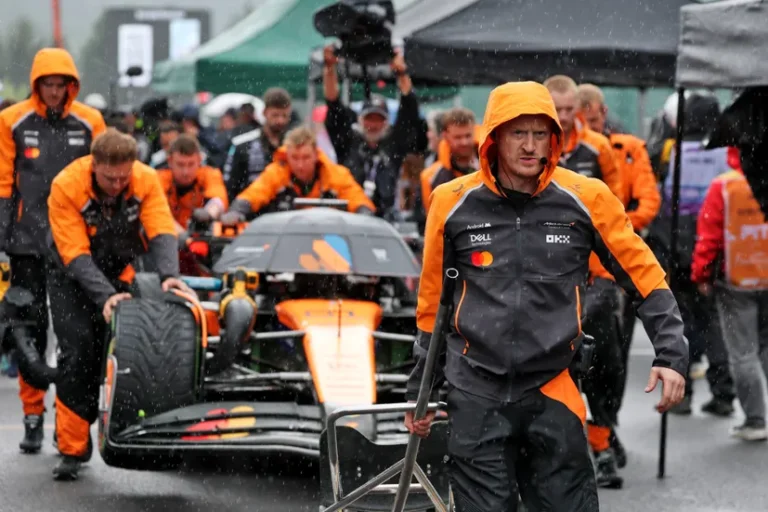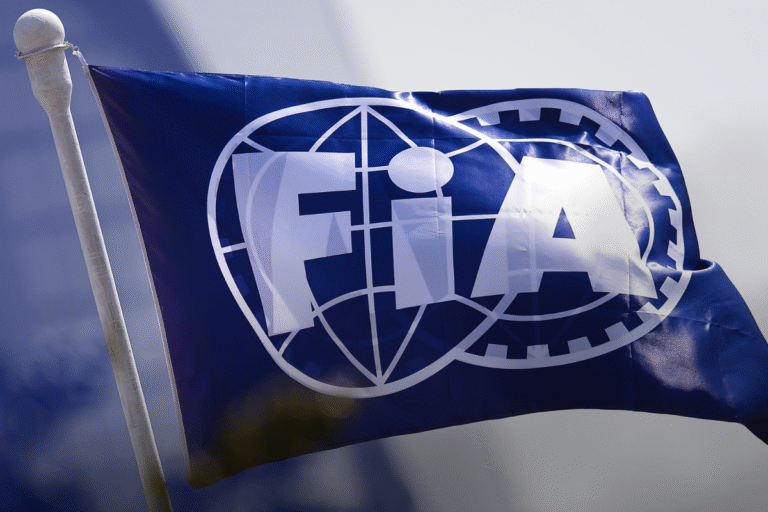
Ahead of the 2025 Imola Grand Prix, the FIA has introduced revised rules concerning the use of offensive language by drivers. The move comes after growing criticism over the previous strict enforcement, which many felt lacked fairness and failed to account for the emotional intensity of motorsport. FIA President Mohammed Ben Sulayem explained that the changes aim to promote sportsmanship while offering more reasonable expectations for drivers, especially during high-pressure moments.
The controversy originated when drivers like Max Verstappen were penalized for using strong language during public appearances, such as press conferences. Verstappen’s punishment, which included community service, sparked backlash from within the sport. George Russell, head of the Grand Prix Drivers’ Association, and others argued that the emotional nature of racing made it unrealistic to expect perfect language control. Many saw the original policy as heavy-handed and disconnected from the realities of the sport.
At one point, Ben Sulayem suggested banning public broadcasts of team radio to curb swearing, a proposal that only fueled the criticism. The reaction wasn’t limited to Formula 1; similar discontent came from other FIA series, such as the WRC, where driver Adrien Fourmaux was heavily fined for swearing during a televised interview. This widespread dissatisfaction across disciplines pushed the FIA to rethink its approach.
As a result, the FIA updated Appendix B of the International Sporting Code. The maximum fine for swearing has been reduced to €5,000 from €10,000, and a distinction is now made between language used during actual competition and in formal settings like press events. These updates grant race stewards greater discretion to evaluate context before applying penalties, which is intended to prevent unjust punishment over heat-of-the-moment expressions.
Ben Sulayem stressed the need to respect both professionalism and the emotional nature of motorsports. He and other officials, like FIA drivers’ committee president Ronan Morgan, emphasized that while drivers should act as role models, their passion must also be understood. With the changes effective immediately, just before the Imola GP, drivers are hopeful this marks a more balanced and practical stance from the sport’s governing body. The GPDA has yet to comment officially, but the update has largely been welcomed as a positive compromise.
